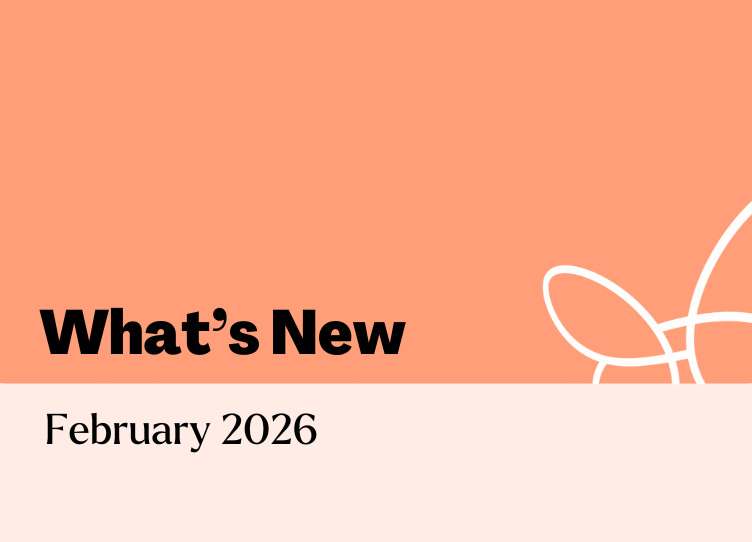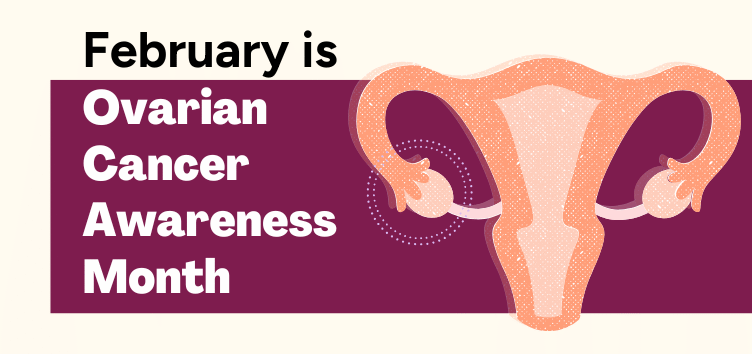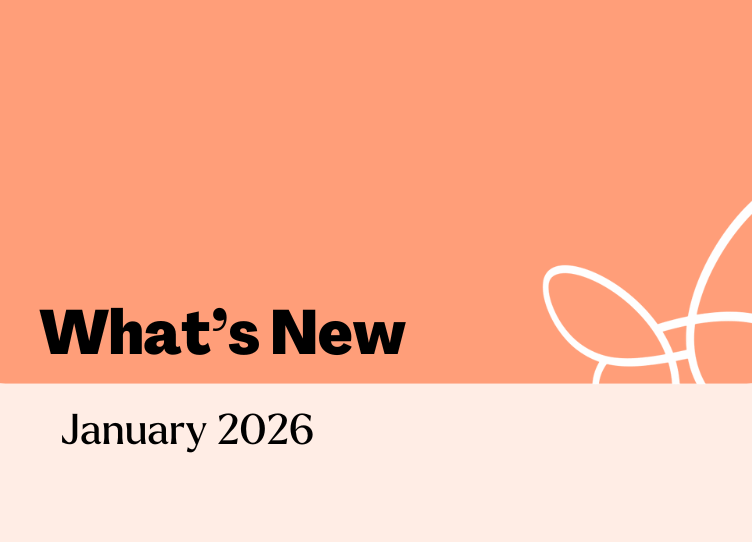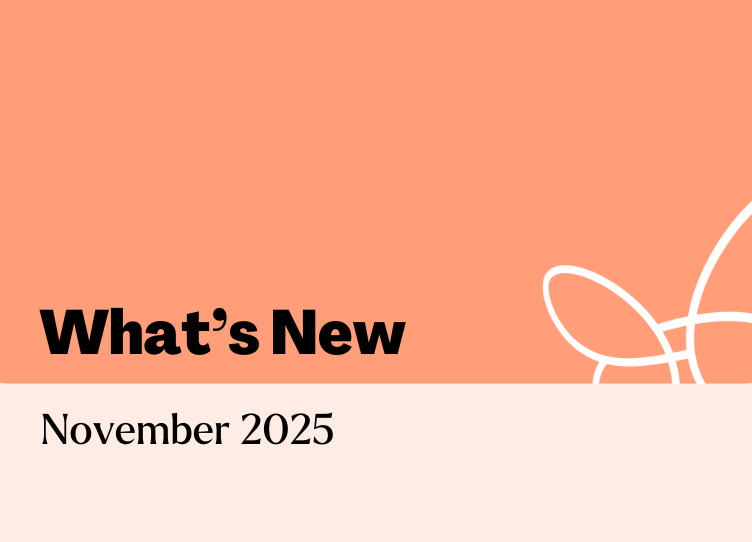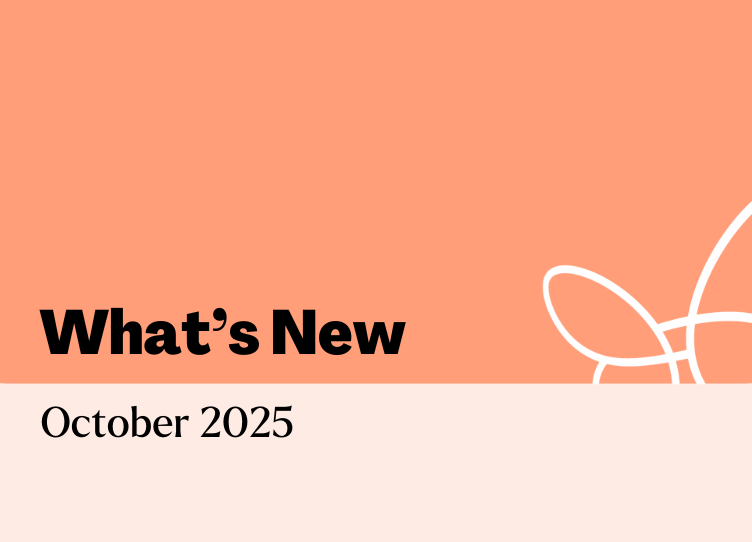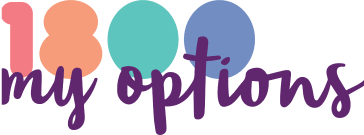What’s new – May 2022
Links to support, information and other items from the cancer sector.
- Cancer, Covid-19 & you survey
- Translated information about health and wellbeing
- Updated information about lymphoedema
- Research study: identity and body image following gynaecological cancer
- On the down low – new podcast about ovarian cancer
- Dragon boating after breast cancer with DAM Busters
- Research study: treating bladder leakage after gynaecological cancer
Cancer, Covid-19 & you survey
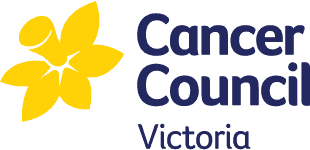
Cancer is hard. Covid-19 made it even harder. The pandemic forced many changes in healthcare that affected cancer care – some changes were for the better, others weren’t.
Cancer Council Victoria, in partnership with The Daffodil Centre, is undertaking research to understand the impact of Covid-19 on people affected by cancer. This includes the emotional impact, treatment changes, the cost of cancer and hospital visitor restrictions.
If you were diagnosed with cancer, or cared for someone with cancer, during the Covid-19 pandemic, Cancer Council Victoria want to hear from you. Survey closes 9 June 2022.
Complete the Cancer, Covid-19 and you survey.
Translated information about health and wellbeing
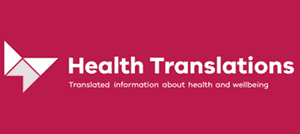
Health Translations is a free online library of high-quality translated Australian health and wellbeing information. With translated resources in more than 100 languages, Health Translations offers the most reliable and complete collection of multilingual health and wellbeing resources for those working with culturally and linguistically diverse communities.
Made for Australian health practitioners and people who work with culturally and linguistically diverse communities, the site provides quick access to a wealth of reliable resources.
The new look of the Health Translations website brings you a better online experience, making it easier to find multilingual resources.
Visit the Health Translations website
Updated information about lymphoedema

The Research Committee of the Australasian Lymphology Association (ALA) has reviewed and updated the ‘What is lymphoedema’ page of their website. It provides a comprehensive, up-to-date overview of lymphoedema, including causes, risk factors and diagnosis.
Read about lymphoedema on the ALA website.
Research study: identity and body image following gynaecological cancer

A researcher from the University of South Australia is looking to speak to women who identify as lesbian, bisexual, gay or queer and have experienced a gynaecological cancer. You would participate in a study exploring the way gynaecological cancers can change or impact the way women view, see or think about themselves following treatment.
If you are interested in participating, find out more online or download a flyer about the project.
On the down low – new podcast about ovarian cancer
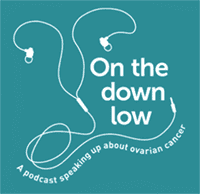
‘On the down low’ is a new is a six-part series featuring the stories of nine women living with ovarian cancer and caregivers. They share their stories and make a powerful call for advocacy, awareness and change.
It covers ovarian cancer experiences such as symptoms and diagnosis, treatment and side effects, relationships and intimacy, issues specific to regional and younger women, research, recurrence, hope and advocacy.
‘On the down low’ is produced by the Australia New Zealand Gynaecological Oncology Group (ANZGOG) – the peak national gynaecological cancer research organisation for Australia and New Zealand.
Listen to ‘On the down low’ on ANZGOG’s website. Content warning: you may find this podcast confronting.
Dragon boating after breast cancer with DAM Busters
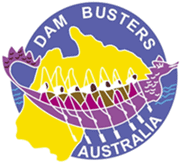
Dragon boating is something anyone can do and enjoy! No experience needed.
Women who have experienced breast cancer are invited to join the DAM Busters Breast Cancer Survivor Dragon Boat Club. Paddling the waters of Docklands, you can exercise, get to know others and, most importantly, have fun!
Download the DAM Busters brochure for all the information you need to get involved, or visit the new DAM Buster’s website.
Research study: treating bladder leakage after gynaecological cancer

If you have had treatment for a gynaecological cancer and have experienced bladder leakage you may be interested in participating in a study being undertaken by researchers from Melbourne University and Monash Health.
Bladder leakage or urinary incontinence is common in women, especially women who have had treatment for gynaecological cancer. It can affect daily activities, personal relationships and a person’s sense of well-being. This study aims to help us better understand treatments that may help women experiencing bladder leakage after having treatment for gynaecological cancer.
Download a flyer to find out about this physiotherapy research study.
